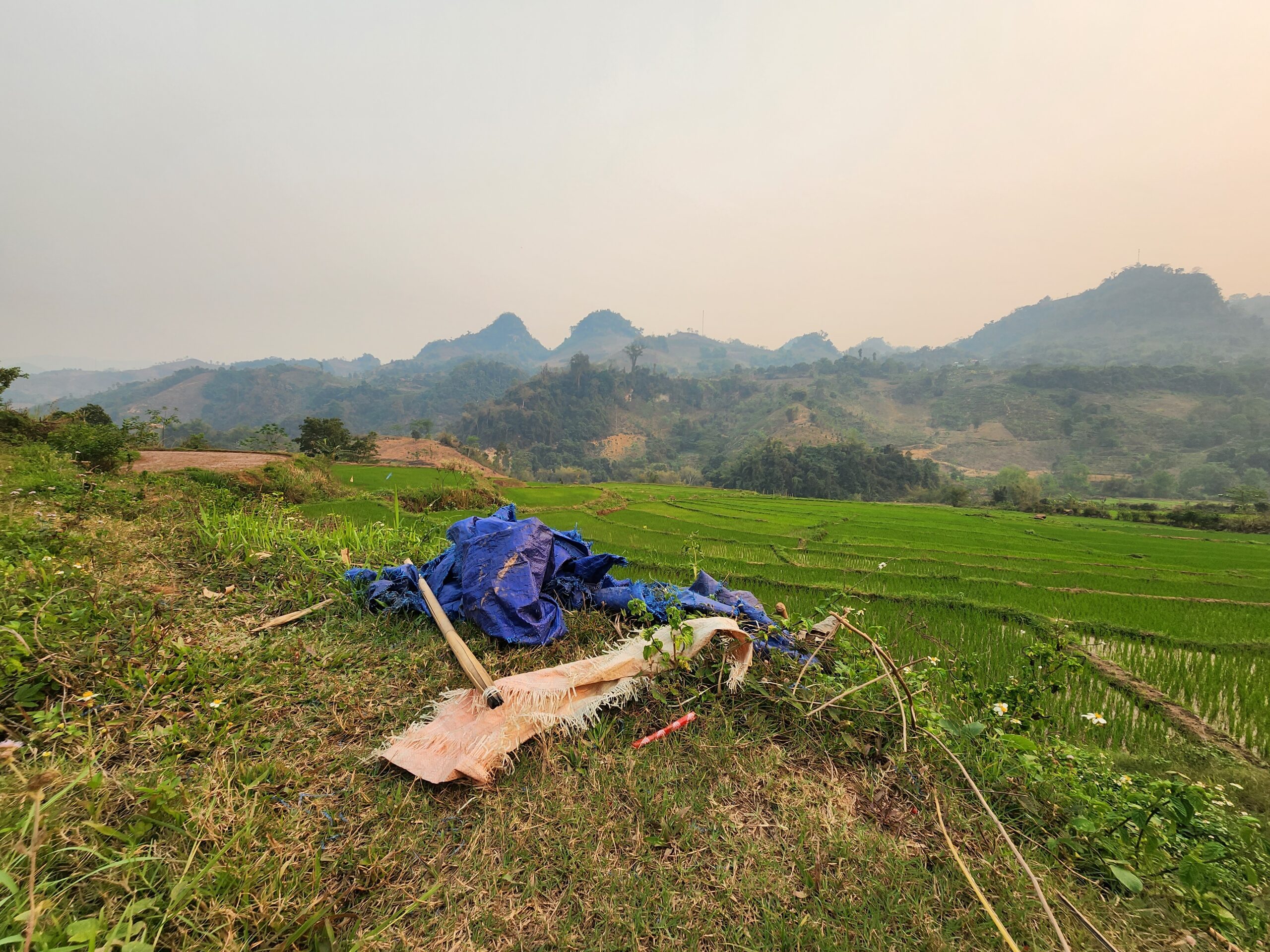PanNature, in collaboration with the Kbang District Agricultural Service Center…

Reducing Plastic Waste in Agriculture by Utilizing Indigenous Knowledge of Local Communities
A report by PanNature covers the activities and outcomes of the “Reducing Plastic Waste in Agriculture by Utilizing Indigenous Knowledge” initiative in Son La over a year with a small grant from the Pacific Environment.

In addition to surveying plastic waste emissions in agricultural production in Van Ho district and Xuan Nha commune, the project assisted people in Thinh village, Xuan Nha commune, in implementing mango cultivation, rice cultivation, and the development of bamboo weaving, all while using indigenous knowledge to reduce plastic use.
The project provided 21,000,000 VND to two households to create four composting and microbial composting pits, acquire microbial agents, and purchase bamboo baskets for mango transportation for the mango cultivation model. After nearly three months, the two production homes had created enough organic fertilizer from agricultural waste and cow manure to cover four hectares of mangoes. These wholly replaced chemical fertilizers, saving 12 kilograms of fertilizer packing per year while also saving 8 kg of plastic waste by using bamboo baskets. In terms of economic benefits, utilizing organic fertilizer saved approximately 8,000,000 VND per home per year. Using bamboo baskets and rice straws instead of plastic wrap saved each home 255,000 VND per year.
The initiative assisted 12 people in constructing a shared mushroom culture house utilizing straw as raw material. Following mushroom harvesting, the volume of mushroom beds was utilized to compost organic fertilizer and fertilize the rice, saving 4,500,000 VND per season in chemical fertilizer and lowering 3 kg of plastic bags. Notably, the model used 500 kg of rice straw per mushroom crop, which helped reduce greenhouse gas emissions from straw burning.
The initiative used the bamboo weaving development model to assist the Thin Village Bamboo Weaving group in purchasing a bamboo stripping machine. This machine boosted the speed of bamboo stripping and basket weaving, improving craftsmen’s revenue while decreasing plastic products and waste.
The project has provided practical solutions and empowered local communities with traditional knowledge, promoting sustainable agricultural practices and mitigating the environmental implications of plastic waste.



